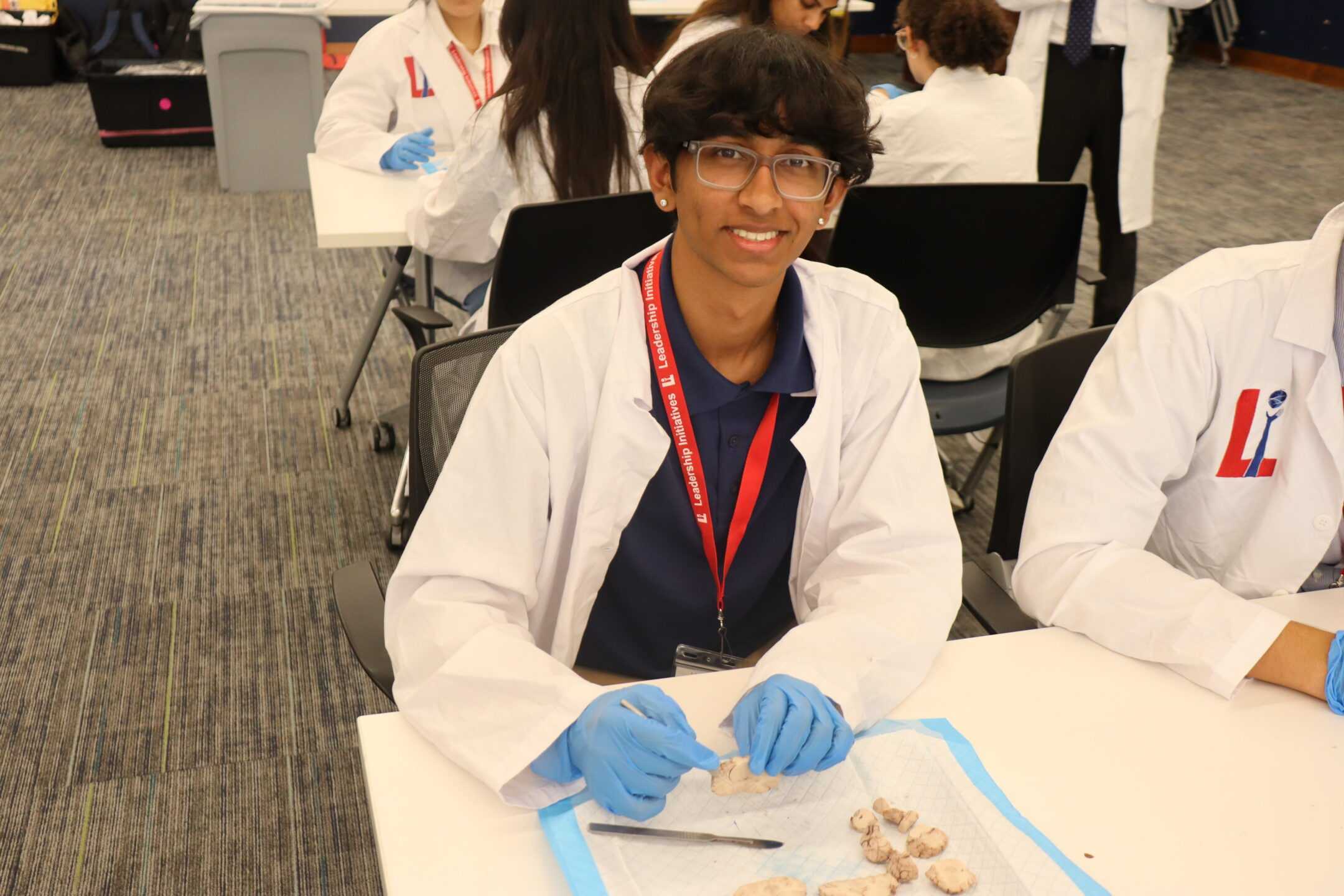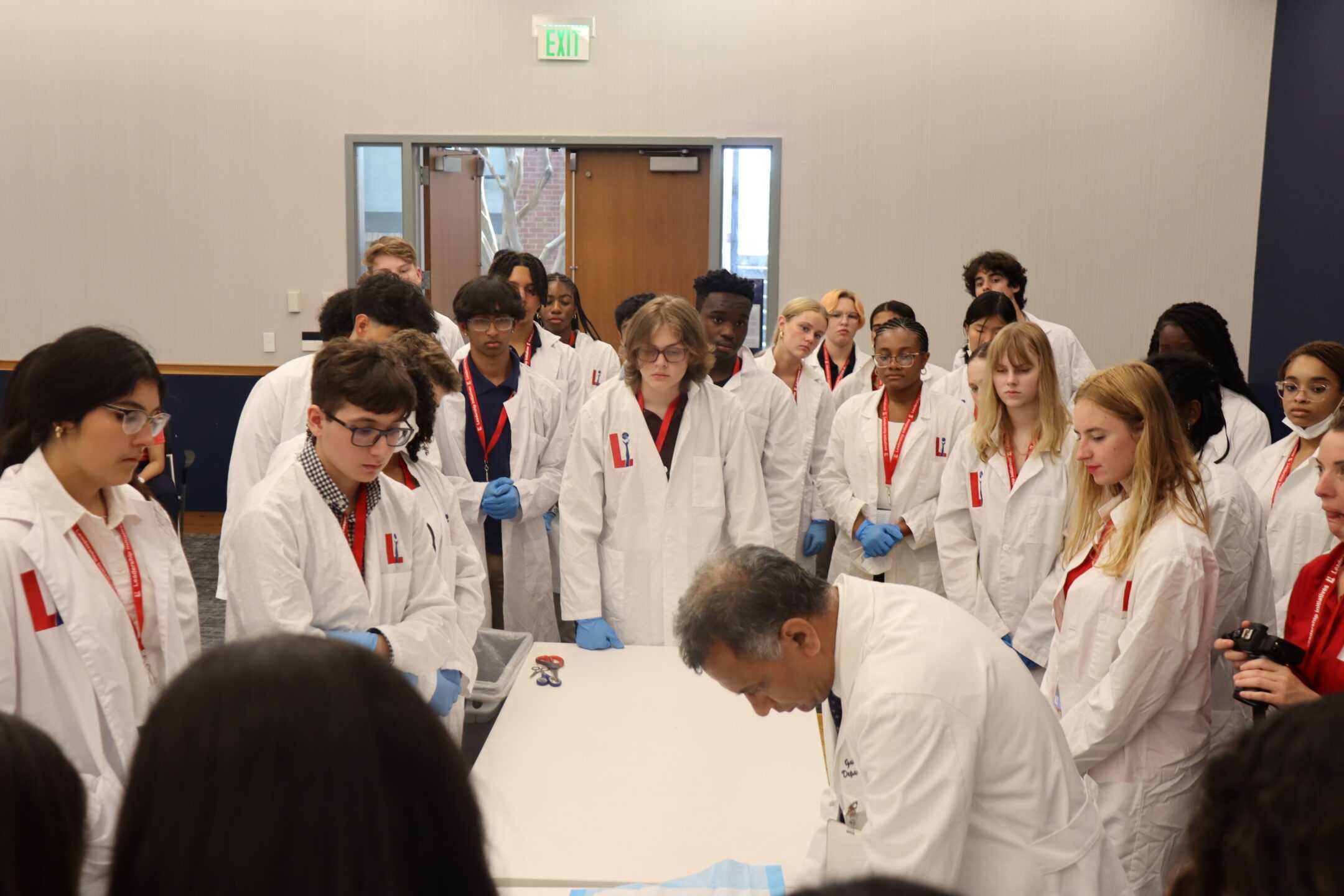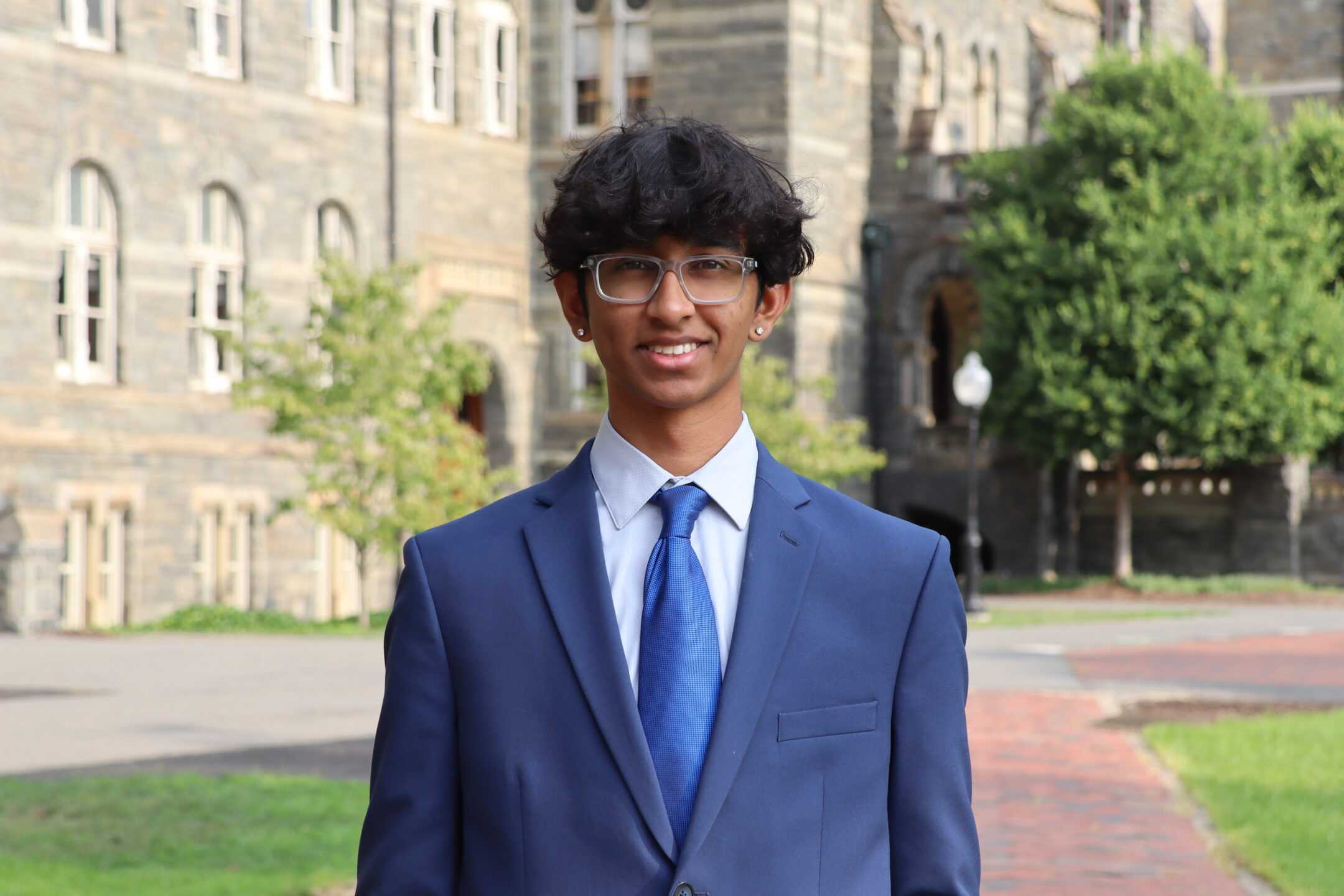NeuroAnshulKatta
My Ethical Investigation Research
My research analysis explored the necessary questions and implications to consider while pursuing research aboutCRISPR-Cas13d’s potential to be the most effective treatment for post-onset Huntington’s Diseaseand its future. Using what can be done in neuroscience, we created an exploration of what should be done.
In order to answer this question, I reviewed the literature to make informed conclusions about the current status and stances ofCRISPR-Cas13d’s potential to be the most effective treatment for post-onset Huntington’s Disease. I then devised a guide and framework to recommend with the aim of ensuring that a thorough, holistic ethical review of CRISPR-Cas13d’s potential to be the most effective treatment for post-onset Huntington’s Disease is conducted as its findings progress.
Our analysis suggests that CRISPR-Cas13d’s potential to be the most effective treatment for post-onset Huntington’s Disease will have the following implications that need to be anticipated and addressed: Due to the rapid modernization of technology surrounding CRISPR-Cas13d, several implications and limitations in the treatment and prevention of Huntington’s Disease arise. First, legally, preventative genome editing such as CRISPR presents concerns about the impact on future generations. Specifically, questions come to light when discussing CRISPR-Cas13d for Huntington’s Disease (HD) in-utero, on children, and pre-onset, and how this technology will affect future generations. These various age groups raise concerns due to questions regarding their voice in the decision to use CRISPR-Cas13d on the HD mutated gene. However, with technology as advanced as CRISPR-Cas13d, consensual implications will be apparent. Though, medical and everyday decisions have an impact of affecting future generations and offspring. Thus, proper measures must be taken (as specified in the list of guidelines) to ensure that proper consent measures are taken. Further, widely known, federal medical legislation could have significant leeway for private institutions due to the lack of government funding for these private practices. However, the United States government has the ability to impose legislation to ensure guidelines surrounding CRISPR-Cas13d technology and how far this technology could go. CRISPR-Cas13d could be utilized for bioterrorism and could end in fatal modification of the different genes (Lau, 2021). With the misuse of CRISPR-Cas13d technology weaponization, severe complications could occur.
My Ethical Analysis
Presentation
Leadership Initiatives is a 501(c)(3) nonprofit organization that is dedicated to creating future leaders across the globe through experiential learning. In the Advanced Medical Neuroscience Internship, I worked directly with some of the world’s leading scientists to learn about neuroethics, neurocognitive health, and revolutionary developments in the field.
At the conclusion of the internship, I presented my research to an esteemed panel of judges, including Dr. James Giordano, Chief of Georgetown University’s Neuroethics Studies Program.
In order to address the discourse and illuminate the ethical considerations while reviewing the research about CRISPR-Cas13d’s potential to be the most effective treatment for post-onset Huntington’s Disease for the judges.
The Frontier of Neuroscience
Center for Functional and Molecular Imaging
The Center for Functional and Molecular Imaging (CFMI) at Georgetown is one of the world’s leading institutions with expertise in structural, functional, and brain imaging.
While visiting the CFMI, I met Dr. Ashley VanMeter, Director of the Neuroimaging Corps at Georgetown University, who described to me the rationale, protocols, capabilities, and limitations of functional magnetic resonance imaging for clinical and basic science applications.
I not only learned about the science behind fMRI, but also had the opportunity to see a machine that possesses a magnetic power of 30,000 times the strength of Earth’s magnetic field.

Neuromodulation
Neuromodulation is a technology that electrically stimulates nerves or chemically targets neurological sites to treat a vast array of conditions and symptoms.
I specifically learned about transcranial direct current stimulation and the neuromodulation devices available for public purchase. These technologies provide external electrical stimulation through a helmet or headband of electrodes.
To further demonstrate the applications of neuromodulation, we learned about electrical stimulation, perception of stimuli, and used the electrical activity captured from flexing my own muscle to contract the muscle of another intern. Through this, we could control each other’s arms!
Internship Highlights
- Dr. James Giordano
- Deep Brain Stimualtion
- The Creative Brain
- Experts & Mentors

I had the chance to work and collaborate directly with Dr. James Giordano, Chief of Georgetown University’s Neuroethics Studies Program.
In addition to his involvement with a variety of educational institutions, Dr. Giordano is the author of over 350 publications in neuroscience and neuroethics.
During our first meeting, Dr. Giordano guided us through an exploration of our own brains, minds, and selves, probing for the problems, meanings, and questions within the world that surrounds us.
In subsequent meetings, Dr. Giordano frequently prompted both introspection and extrospection to encourage familiarity with our own minds, as well as our environment, and how the two can interact to our benefit.

I had the unique opportunity to learn from Dr. Michael Okun, a neurologist, neuroscientist, and founder of the University of Florida’s Movement Disorders Program.
The university’s program aims to provide interdisciplinary and integrated care that facilitates communication between all members of their team to provide the best care possible.
Within his work, Dr. Okun utilizes Deep Brain Stimulation (DBS), which operates like a pacemaker within the brain and is often inserted via conscious surgery.
During this operation, electrodes are put in the brain to regulate electrical signals and help with conditions like Epilepsy, Parkinson’s Disease, Dystonia, Obsessive Compulsive Disorder, and Essential Tremor.

I had the opportunity to discuss stimulating creativity through brain science with Dr. Adam Green, the Director of the Lab for Relational Cognition at Georgetown University.
Dr. Green maintains that creative insights are “the product of connections made between things other people didn’t put together,” and we explored the neurological foundations of this theory.
In one of his most prominent experiments, Dr. Green had participants draw the analogies to evaluate semantic distance and creativity as explained above, but also regarded the potential role of neuromodulation.
tDCS is transcranial direct current stimulation, which is a non-invasive “helmet” of sorts that allows for the modification of the neural pathways’ firing in the brain. The external stimulator is placed on the scalp and then provides electrical stimulation to a broad region in order to control the neurons’ firing. We also had a chance to observe and try neurofeedback technology that uses how we learn to help us train our brains in real time!

Along with Dr. Giordano, I had the opportunity to work closely with Dr. Rachel Wurzman, a Dana Foundation Fellow in Neuroscience and Society.
Dr. Wurzman encouraged us to think critically about the questions that help drive science forwards and improve our understanding of the world around us through a biopsychosocial lens. She also lent her expertise of neuroplasticity, neurodiversity, and neuroethics to help our team develop our research proposal.
In addition to our work with Dr. Wurzman, we had the opportunity to meet with a variety of neuroscientists with a variety of unique specialities.
One such professional was Dr. Fernando Pagan, a Georgetown Neurologist and the Director of Movement Disorders, who is a nationally recognized leader in Parkinson’s Disease treatment. We were able to learn about Movement Disorders from various perspectives as Dr. Pagan was joined by Captain Rick Schena, who lives with Parkinson’s and explains how his treatment plan allows him to still do what he would like to do.






